Three judges who oversaw Sara Sharif’s family court cases before she was murdered by her father and stepmother have now been named by a court.
Judge Alison Raeside, Judge Peter Nathan and Judge Sally Williams were named on Friday as the three judges who were all involved in family court proceedings related to the care of the 10-year-old between 2013 and 2019 after a Court of Appeal ruling overturned a ban on the media identifying them.
Sara’s father, Urfan Sharif, and stepmother, Beinash Batool, were jailed for life for her murder in December, with minimum terms of 40 years and 33 years respectively, while her uncle, Faisal Malik, was jailed for 16 years after being convicted of causing or allowing her death.
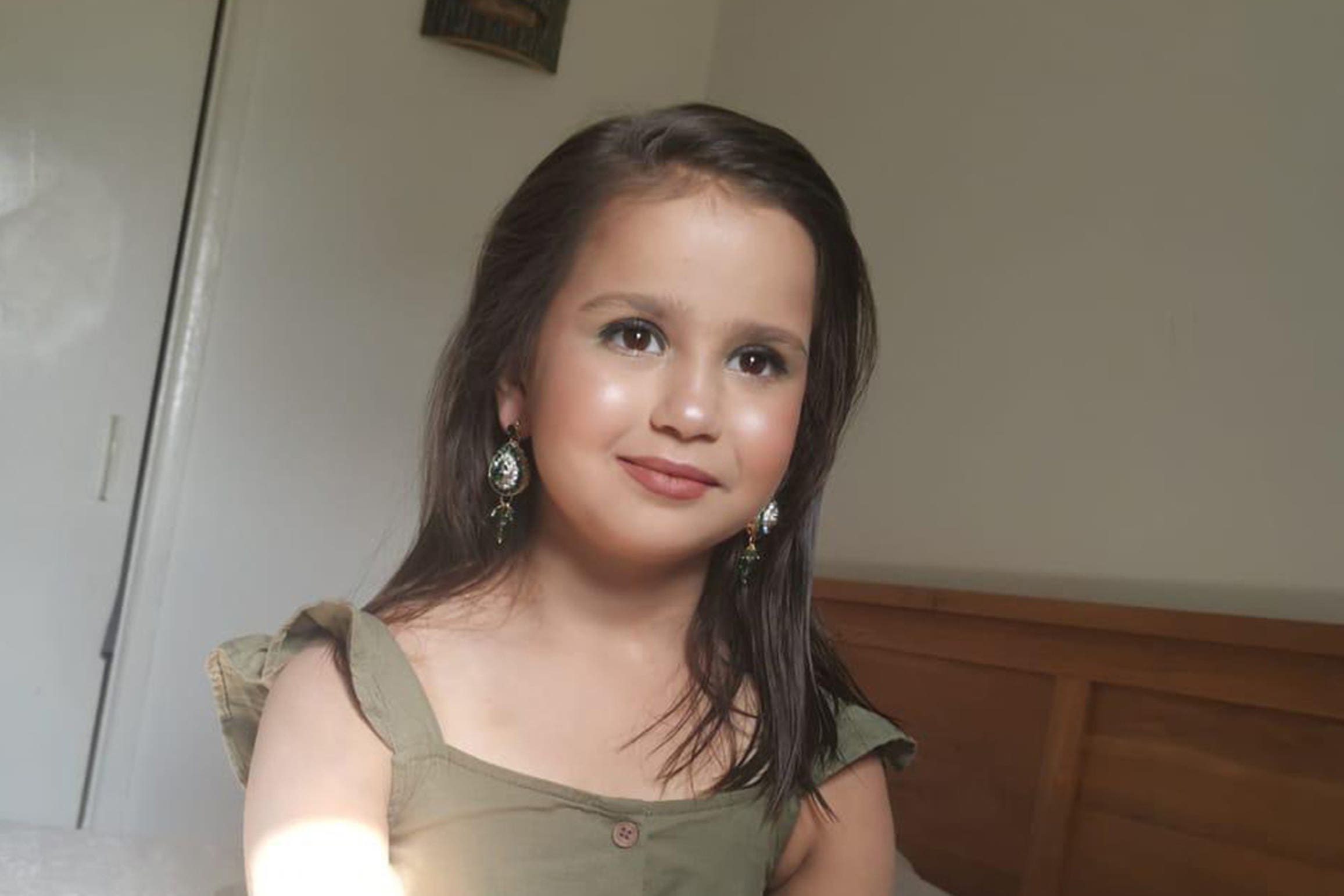
The last of three sets of proceedings saw Sara placed in the home in Woking, where she later died in the summer of 2023 after a campaign of abuse in which she suffered a catalogue of 70 injuries, including 25 fractures, human bite marks and burns.
In a controversial ruling in December, Mr Justice Williams said that the media could not identify three judges who presided over a string of historical court cases before the schoolgirl’s death, as well as other professionals including social workers and guardians. He cited a “real risk” of harm to them from a “virtual lynch mob” and ruled they “acted within the parameters that law and social work practice set for them”.
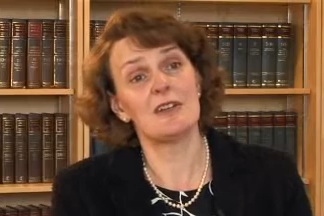
But after several media organisations challenged the ban, three Court of Appeal judges ruled on 24 January that the three unnamed judges could be identified at 10am on Friday in the interests of open justice, having heard that all three wanted “to convey their profound shock, horror and sadness about what happened to Sara Sharif”.
Documents previously disclosed to the media showed that Surrey County Council was involved with the Sharif family for several years before Sara’s death, including beginning care proceedings for her just a week after her birth.
They also showed that the authority first had contact with Urfan Sharif and Sara’s mother Olga Sharif in 2010 – more than two years before Sara was born – and had received “referrals indicative of neglect” relating to Sara’s two older siblings, known only as Z and U.
Judge Raeside, who remains an active judge, dealt with the majority of the proceedings related to Sara, with Judges Nathan and Williams – who have both since retired – involved to a lesser degree.
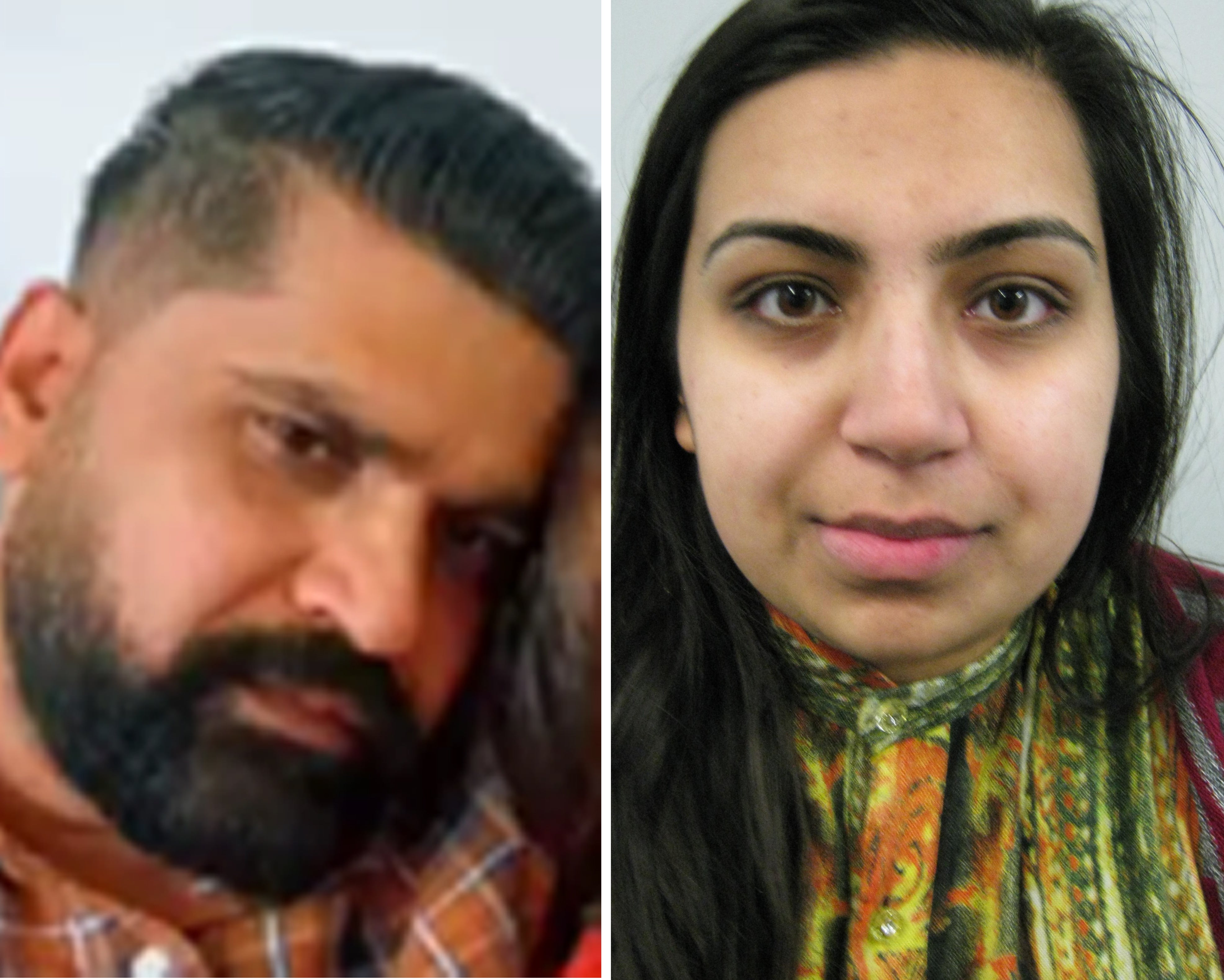
The first set of proceedings was told that the council had “a number of concerns in relation to the care that (Olga Sharif) and Mr Sharif provide Z and U and are likely to provide to Sara”.
Judge Raeside approved the children being placed under supervision orders, meaning the children stayed in their parents’ care – a position supported by Surrey County Council, the children’s guardian and Sara’s parents.
In November 2014, after Z was found with an arm injury consistent with an adult bite mark, Sara and her two siblings were taken into police protection.
Olga Sharif later accepted a caution after being charged with assault occasioning actual bodily harm.

Judge Raeside then extended the same order for a week the following day, with Judge Williams making an interim care order for Sara and one of her siblings as proceedings continued in 2015 – her only involvement in the case.
At the end of the same set of proceedings, a hearing before Judge Raeside was told that the authority was “extremely concerned” that Sara and U were “likely to suffer significant emotional and physical harm in their parents’ care”, as both alleged the other was violent.
Despite the allegations, the council still concluded that “the risk can be managed” if Sara was returned to her mother’s care with supervised contact with her father, with this position also supported by the children’s guardian. Judge Raeside approved the plan in May 2015.
Then in 2019, Sara was moved to the property where she was later murdered, following her accusations of physical abuse by her mother, which were never proved.
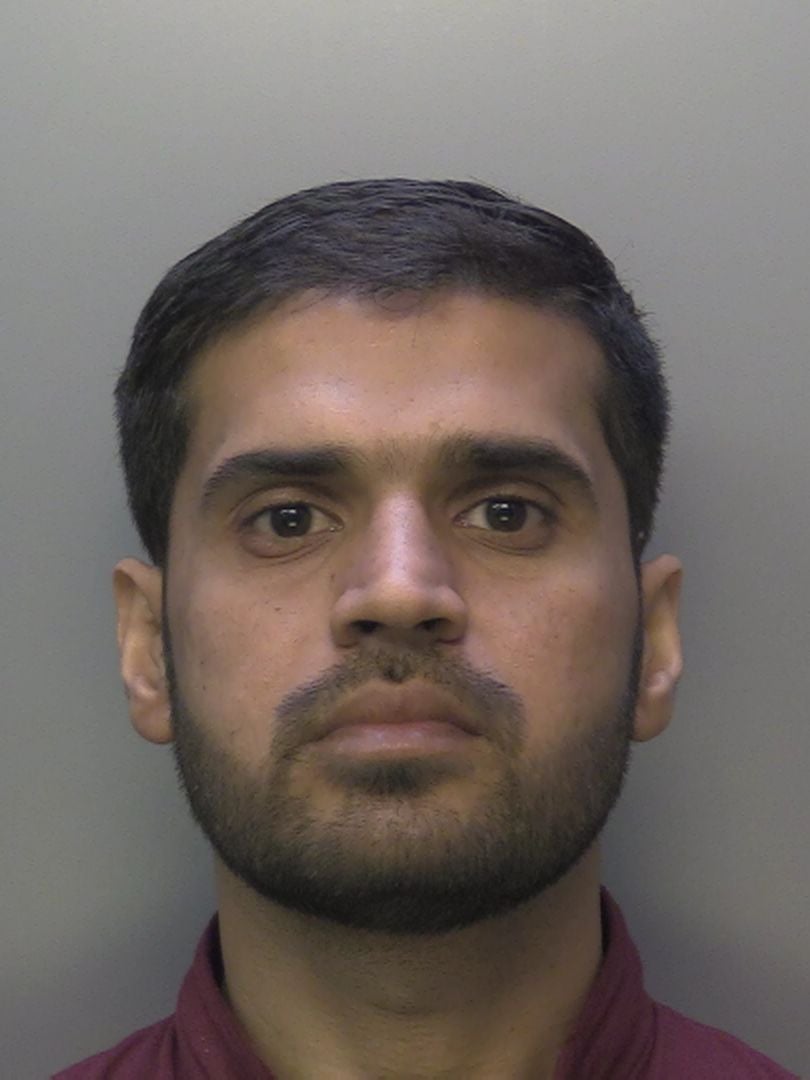
In a report for a final hearing in October 2019, a social worker told the court that they assessed that “Urfan and Beinash are able to meet Sara and (U’s) needs for safety, stability, emotional warmth and guidance”, adding that Urfan Sharif “appears to have the children’s welfare at heart”.
The move was also supported by the children’s guardian and Sara’s parents and was approved by Judge Raeside.
In the same month of Sara’s murder, Mr Justice Williams ruled that the media could access documents from the historic proceedings but ruled that social workers, guardians and judges could not be named.
He said that the decisions of professionals involved were “not obviously flawed” and the decision of Judge Raeside to send Sara to her father’s home was “indicated by faithful application of law and practice mandated”.
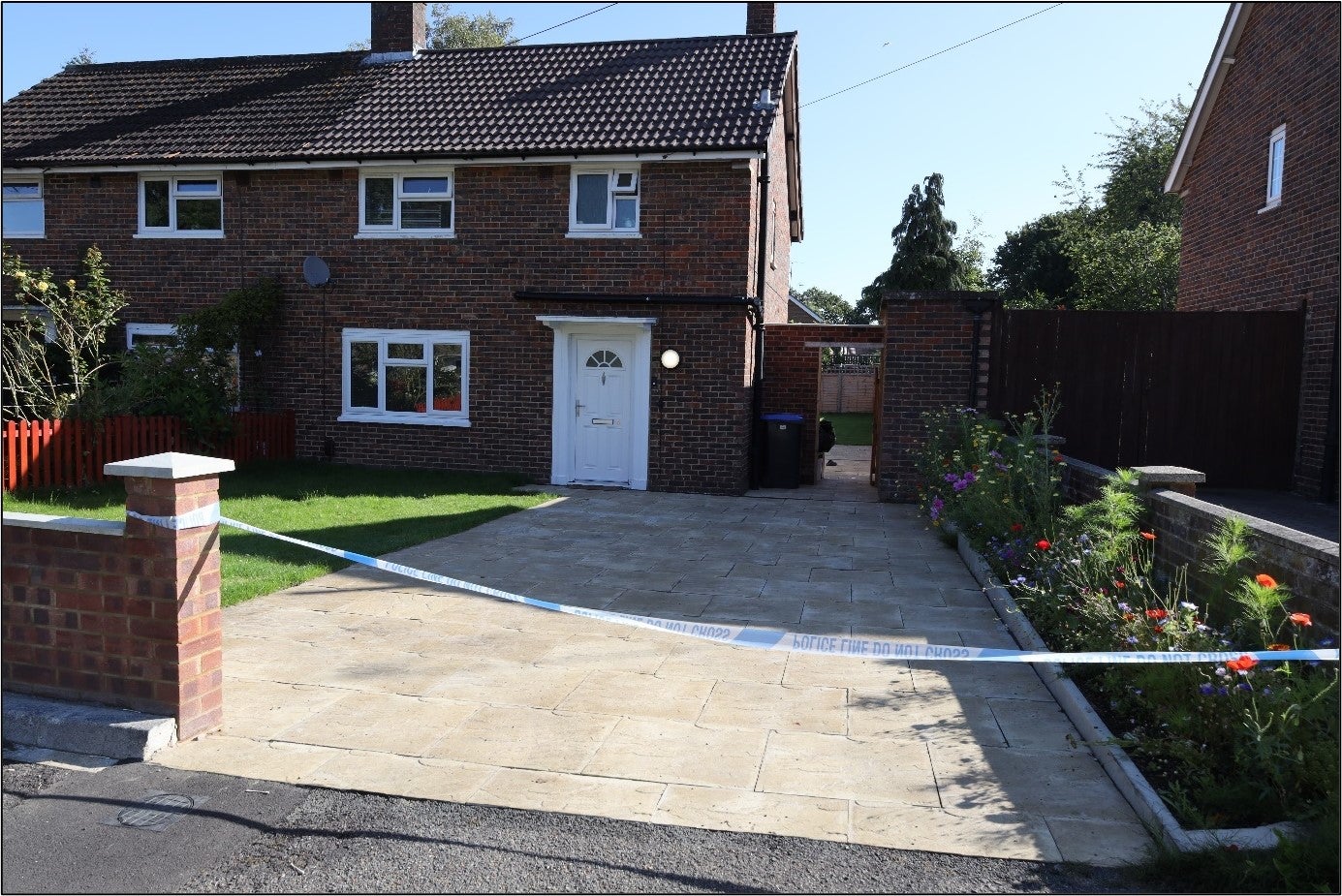
Following the appeal against this restriction by members of the media including the PA news agency and freelance journalists Louise Tickle and Hannah Summers, appeal judges found Mr Justice Williams was wrong to anonymise them.
But Sir Geoffrey Vos, sitting with Lady Justice King and Lord Justice Warby, added that the judges faced a “difficult task” and are “not required to tolerate bullying or abusive behaviour”.
The highest-ranking judge in England and Wales has said a new “security taskforce” will be established to assess how better to protect judges as incidents putting their safety at risk “are becoming all too common”.
In a letter sent to judges on Monday, Lady Chief Justice Baroness Carr said that in addition to physical incidents, she was also “increasingly concerned” about threats made to judges on social media.







